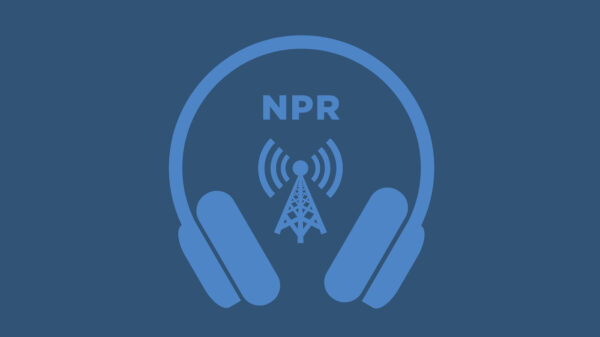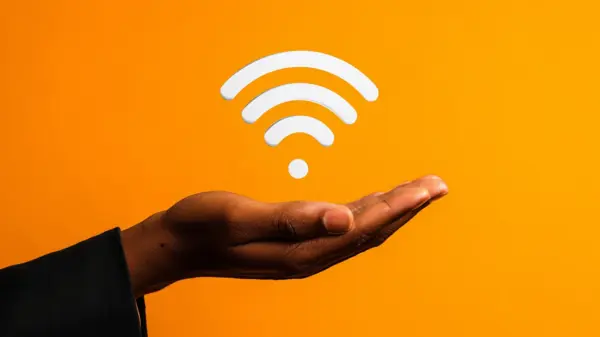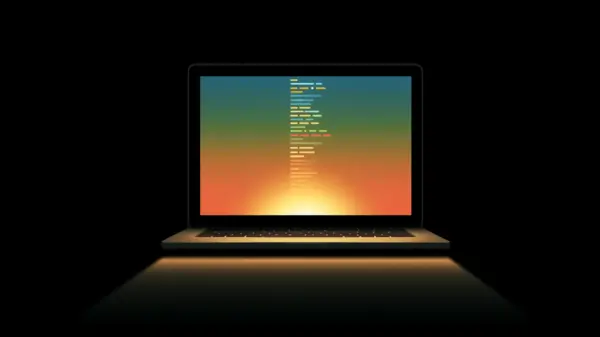New reports confirm a significant shift among Generation Z as more teens, like tech activist Emma Lembke, are choosing to log off from social media. This movement is driven by a desire to reclaim their attention and mental well-being, highlighting a growing trend among young adults who are questioning their online habits.
Experts warn that the implications of this movement are profound. Dr. Kara Alaimo, a professor of communication at Fairleigh Dickinson University, emphasizes that these teens are making a crucial decision for their mental health. “They are recognizing the impact social media has on their lives and are taking proactive steps to mitigate its effects,” she states.
The urgency of this movement cannot be overstated. With studies indicating that excessive social media use can lead to increased feelings of anxiety and depression among adolescents, the current wave of young people stepping back from their screens is a critical response to these alarming trends.
As of October 2023, a growing community of teens is sharing their experiences online, with hashtags like #LogOff trending across platforms. These young activists are not only advocating for themselves but are also encouraging their peers to consider the mental health impacts of constant connectivity.
The movement is gaining traction rapidly; more than 30% of teens surveyed in a recent poll expressed a desire to reduce their social media usage significantly. This statistic underscores a critical change in mindset among youth, who are increasingly valuing real-life interactions over virtual engagements.
What’s next? As this trend develops, many are watching closely to see if it influences broader societal attitudes toward technology use. Will more schools incorporate digital wellness into their curriculums? Will parents and educators adjust their strategies in response to this shift? The answers remain uncertain, but the momentum is clear.
As this situation unfolds, it’s imperative for adults to engage with these teens in discussions about healthy technology use. Understanding the pressures they face and the reasons behind their decisions can help bridge the generational gap and foster a healthier relationship with technology.
Stay tuned for more updates on this emerging movement as it continues to evolve, potentially reshaping the future of how young people interact with the digital world.






































































